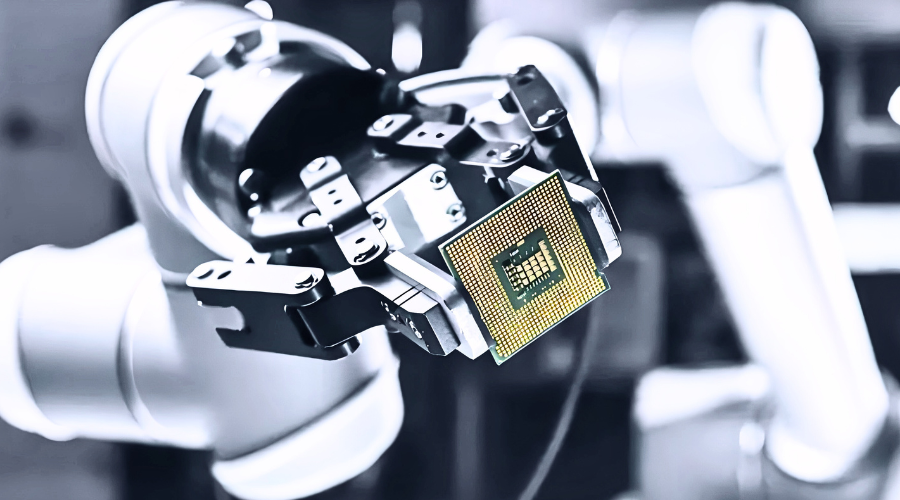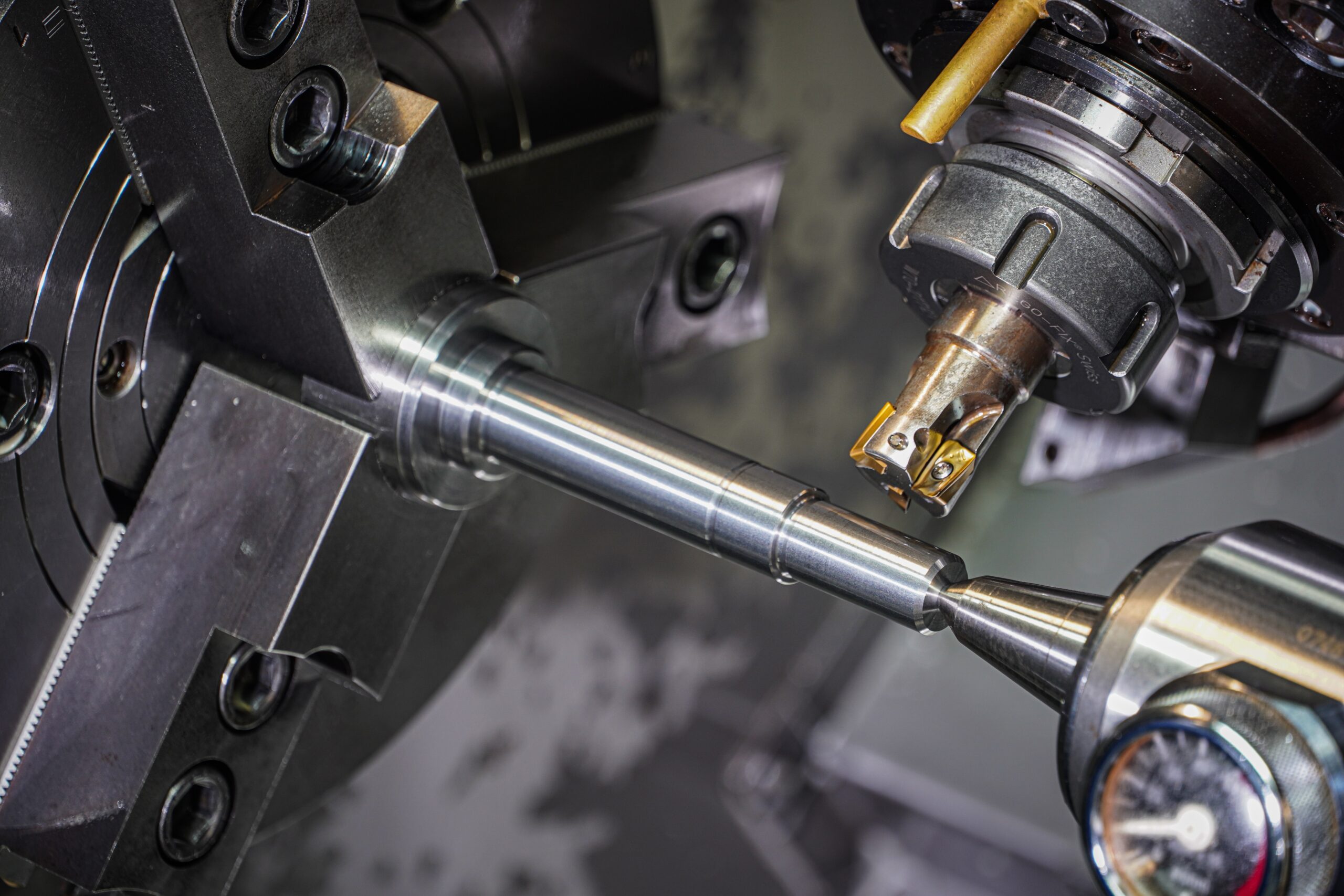CNC TURNING SERVICES
Rapid production with on-time delivery commitments
Cutting-edge technology for exceptional accuracy and consistency
Dedicated support available around the clock

What is CNC Turning
CNC Turning is a precision machining process where a workpiece is rotated on a lathe while a cutting tool shapes it into the desired form. This automated method ensures high accuracy and consistency, making it essential for producing cylindrical parts with intricate details.
At HordRT, we specialize in CNC turning with over 11 years of experience. Our skilled technicians and state-of-the-art machinery allow us to handle both standard and custom projects, delivering exceptional results that meet your specific requirements.
Key Features and Benefits
Our CNC turning services offer exceptional precision, versatility, and efficiency, ensuring high-quality parts are produced to exact specifications. With the ability to work with a variety of materials, including metals and plastics, we cater to a wide range of industries and project needs, from simple to complex components.
Our CNC turning services offer unparalleled precision, ensuring that each part is machined to exact specifications. This level of accuracy minimizes errors and reduces the need for additional finishing processes.
From simple components to complex geometries, CNC turning can produce a wide range of parts. Whether you need basic shafts or intricate assemblies, our versatile machining capabilities can accommodate diverse project needs.
CNC turning enhances production efficiency through automation and consistency. By minimizing manual intervention, we can produce large quantities of parts swiftly while maintaining high-quality standards.
We work with a broad spectrum of materials, including metals like aluminum, steel, brass, and titanium, as well as various plastics. This versatility allows us to cater to different applications and industry requirements.
CNC Turning Process
At our facility, CNC turning is a precision-driven process that transforms raw materials into highly accurate, custom components. From the initial design phase to the final finishing touches, each step is carefully controlled to ensure exceptional quality and performance. Below is a breakdown of the key stages involved in delivering CNC-turned parts that meet the highest standards of precision and craftsmanship.

1. Design & Programming
Every project begins with detailed CAD designs. Our engineers program the CNC machines with precise instructions to ensure the machining process aligns perfectly with your specifications.

2. Material Preparation
We select and prepare the appropriate raw material, whether it’s bar stock or tubing, based on the project’s requirements. Proper material selection is crucial for ahieving the desired outcome.

3. Machining
The prepared material is securely loaded into the lathe. As it rotates, our cutting tools meticulously remove excess material, shaping the workpiece into the final form with high accuracy.

4. Finishing
After machining, parts may undergo secondary operations such as polishing, coating, or heat treatment to enhance their surface finish and mechanical properties, ensuring they meet your quality standards.
Application for CNC Turning
CNC Turning is a precision manufacturing process that utilizes a rotating workpiece and cutting tools to create cylindrical parts. It offers high accuracy, flexibility, and repeatability, making it a popular method for producing a wide range of parts across various industries.

Automotive Industry
CNC turning is widely used to manufacture complex automotive components such as shafts, bushings, pistons, and engine parts. The ability to meet tight tolerances and produce high-strength materials makes it essential for vehicle safety and performance.

Aerospace Industry
In aerospace, precision is critical. CNC turning allows for the creation of lightweight yet durable parts like turbine blades, landing gear components, and structural airframe elements. This process is vital for ensuring high performance under extreme conditions.

Medical Industry
CNC turning is used to create surgical instruments, implants, and medical devices with the necessary precision and biocompatibility. Materials like titanium and stainless steel are commonly turned into implants such as bone screws, plates, and dental prosthetics.

Electronics Industry
In electronics, CNC turning helps in the production of components like connectors, housings, and heat sinks. These parts often require high precision and intricate designs to fit into compact electronic devices

Industrial Equipment
CNC turning is used to create various machine parts, tools, and components for heavy industrial equipment. These parts often need to withstand high stress and wear, making CNC turning an ideal solution due to its ability to work with strong materials.
Let us help you provide high quality parts in short time. Get your project started now!
Caution: HordRT is full Chinese company, please don't send any enquiry items involved export controlled by U.S. law. e.g. EAR, ITAR etc

CNC Milling vs Turning: What’s the Difference?
CNC machining utilizes coded computer instructions for complex components/parts production. The two primary processes are CNC milling and turning. Both fall under CNC but differ significantly in tool movements, material removal, and achievable precision. Understanding these differences is important. It’s because choosing the right process impacts costs, lead times, and part quality. It helps manufacturers make an informed decision for each design.

CNC Machining in the Automotive Industry: A Comprehensive Overview
CNC machining is a cornerstone of modern manufacturing, which offers unparalleled precision and efficiency. This article delves into the intricacies of CNC machining, exploring its applications, benefits, and the future of this technology in the automotive sector.

Ultimate Guide to Using Low-Volume Rapid CNC Machining
When working with complex designs, low-volume rapid CNC machining is a vital tool in modern product manufacturing. The complexity of modern product designs calls for accuracy and precision. Traditional high-volume production is efficient but often requires significant upfront investments in tooling, molds, and setup, which can be expensive for many businesses.
-q4gvl4k29y4hq8j9rjpapvj0ft06fje63olt7p210i.png)